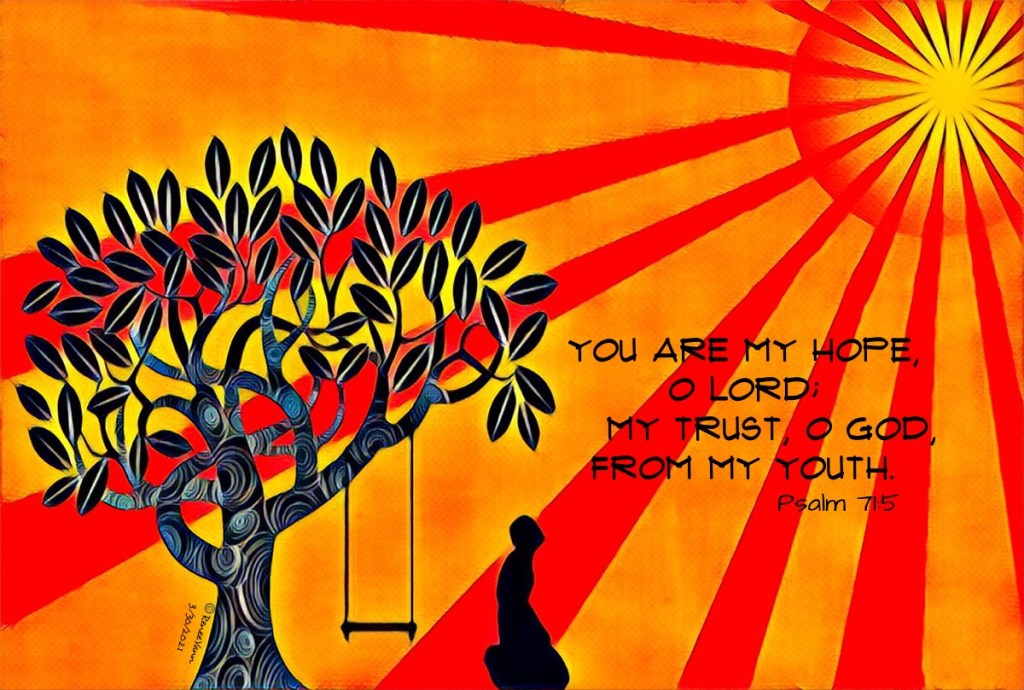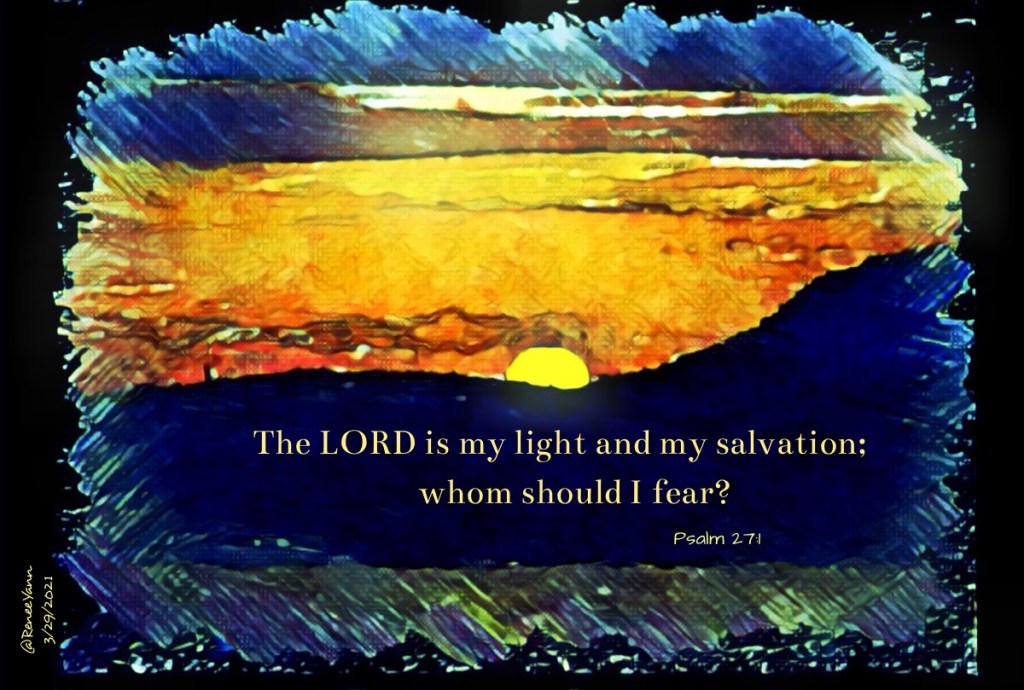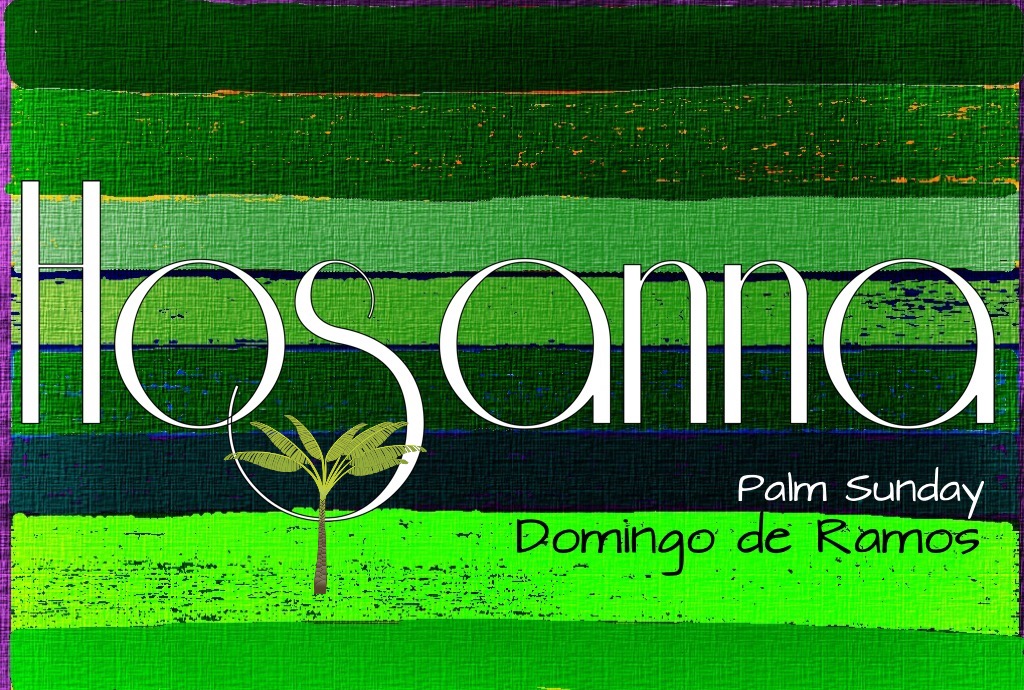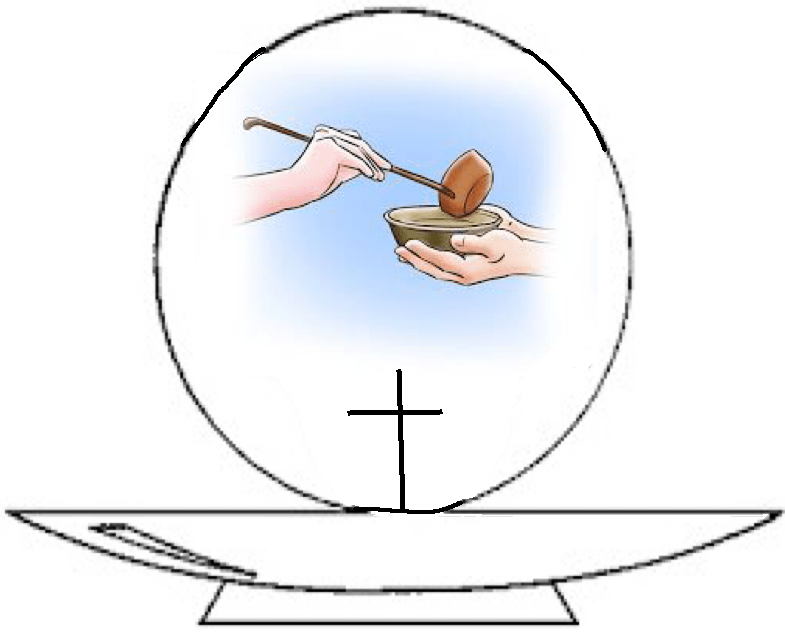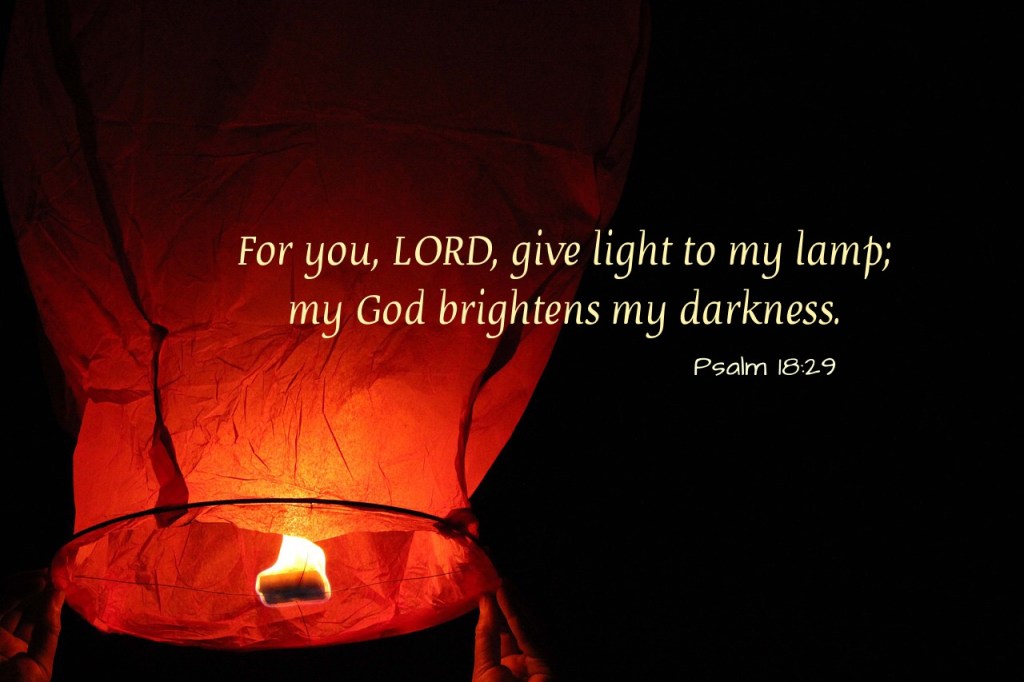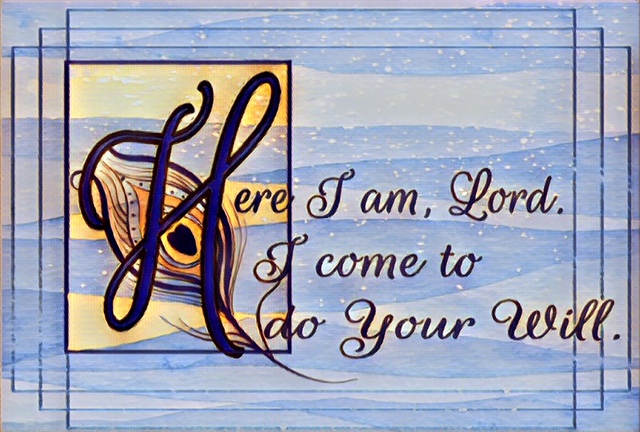Evening Mass of the Lord’s Supper
April 1, 2021
Today, in God’s Lavish Mercy, we pray with Psalm 116 which Walter Bruggemann calls an example of “the performance of thanks”.
How shall I make a return to the LORD
Psalm 116: 12-13
for all the good he has done for me?
The cup of salvation I will take up,
and I will call upon the name of the LORD.
There is a tone of solemn ritual woven through the psalm, just as there is throughout the Holy Thursday liturgies.
The time of waiting and wondering is over. Jesus chooses the Passover meal to formalize his understanding that the time has come to offer his life in an ultimate sacrifice of praise.
Before the feast of Passover, Jesus knew that his hour had come
John 13:1
to pass from this world to the Father.
He loved his own in the world and he loved them to the end.

Inscribed: Suor Plautilla · Orate Pro Pictora (Pray for the Paintress)
It is likely that, during his Last Supper, Jesus would have prayed, and possibly sung, Psalm 116 as part of the ancient Hallel, six thanksgiving prayers included in the Passover rites.
On our behalf, Jesus is about to enflesh in his own life the redemptive promise awaited through the ages. He is about to enact the Great Deliverance — far greater than that achieved in the Passover. By the power of his Paschal sacrifice, we are redeemed from death itself:
Return, my soul, to your rest;
Psalm 116: 7-9
the LORD has been very good to you.
For my soul has been freed from death,
my eyes from tears, my feet from stumbling.
I shall walk before the LORD
in the land of the living
For me, Holy Thursday is the most solemnly beautiful and meaningful day of the Liturgical Year. There is so much to be found in the readings, especially as we peel back single phrases to hear their living power and love. There is so much to be learned at the side of Jesus as we pray with Him.

May we place ourselves beside Jesus at the holy table of his life. Feel him lay the gathering tensions down as he gathers his beloveds in the truth of this moment. It is time for him to give everything over in love. This is the moment of Holy Acquiescence, this is the moment of Eucharist.
With Jesus, let us pray for the loosening of any bonds which prevent us from giving our lives lovingly into God’s Will for us, from allowing Eucharist to be offered through our lives.
Dear to the eyes of the LORD
Psalm 116: 15-18
is the death of his faithful ones.
I am your servant, the child of your handmaid;
you have loosed my bonds.
To you will I offer sacrifice of thanksgiving,
and I will call upon the name of the LORD.
My vows to the LORD I will pay
in the presence of all his people.
Prose: from Mass on the World, by Pierre Teilhard de Chardin
Since once again Lord
I have neither bread nor wine nor altar,
I will raise myself beyond these symbols
up to the pure majesty of the real itself.
I, your priest, will make the whole earth my altar,
and on it I will offer you
all the labors and the sufferings of the world.
I will place on my paten Lord God
all the harvest to be won from your renewal.
Into my chalice, I shall pour all the sap
which is to be pressed out this day
from the earth’s fruits and from its sufferings.
All the things in the world
to which this day will bring increase;
all those that will diminish;
all those, too, that will die:
all of them, Lord, I try to gather into my arms
so as to hold them out to you in offering.
This is the material of my sacrifice,
the only material you desire.
The restless multitude, confused or orderly,
the immensity of which terrifies us,
this ocean of humanity,
the slow, monotonous wave-flows which trouble the hearts
of even those whose faith is most firm.
My paten and my chalice are
the depths of a soul laid widely open
to all the forces which in a moment will rise up
from every corner of the earth
and converge upon the Spirit.
Grant me the remembrance and the mystic presence
of all those whom the light is now awakening to the new day.
Receive, O Lord, this all-embracing Host
which your whole creation, moved by your magnetism,
offers you at this dawn of a new day.
Sanctus, Sanctus, Sanctus
Dominus Deus Sabaoth.
Pleni sunt cæli et terra gloria tua.
Hosanna in excelsis.
Music: Sanctus – Jessie Norman
(Get someplace where you can turn the sound up for this and let it blow you away. There are some exquisite soft notes, beginning and end, that you don’t want to miss. Wait for them.)


